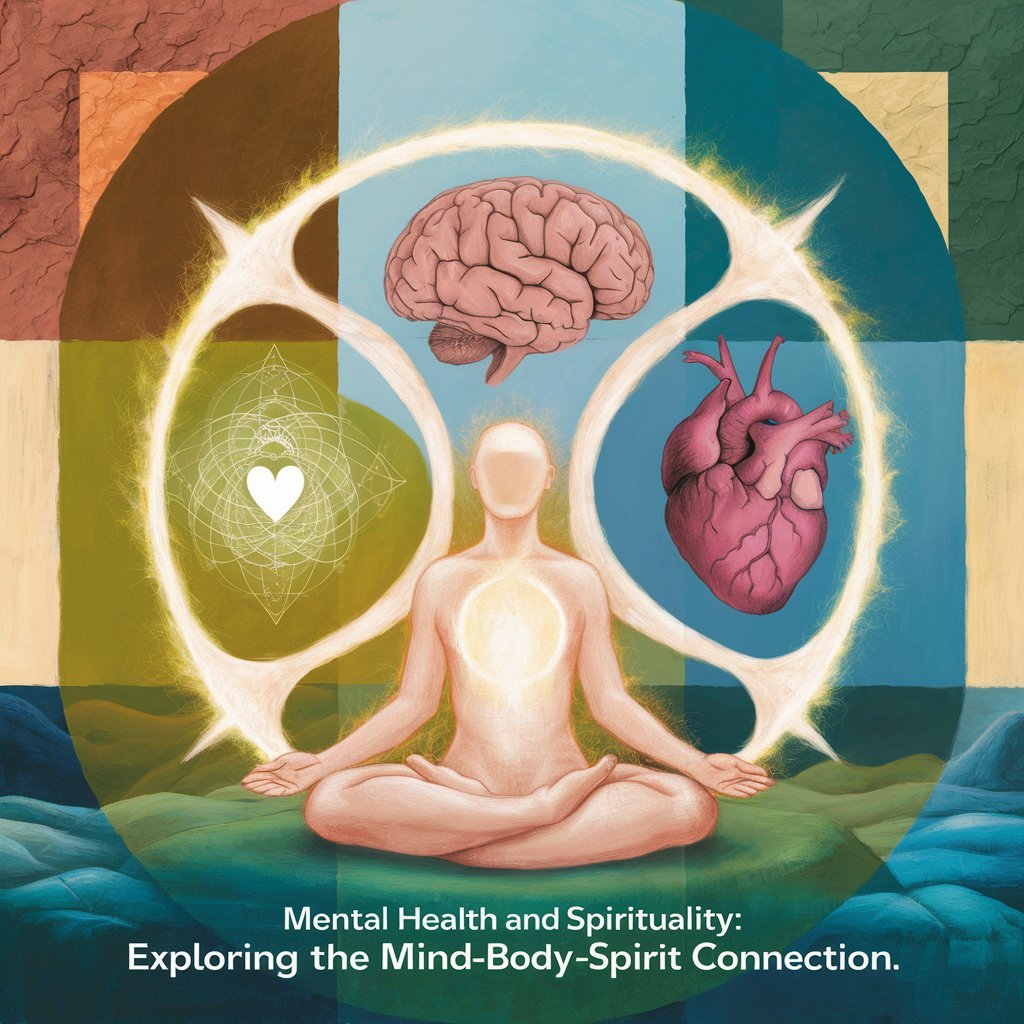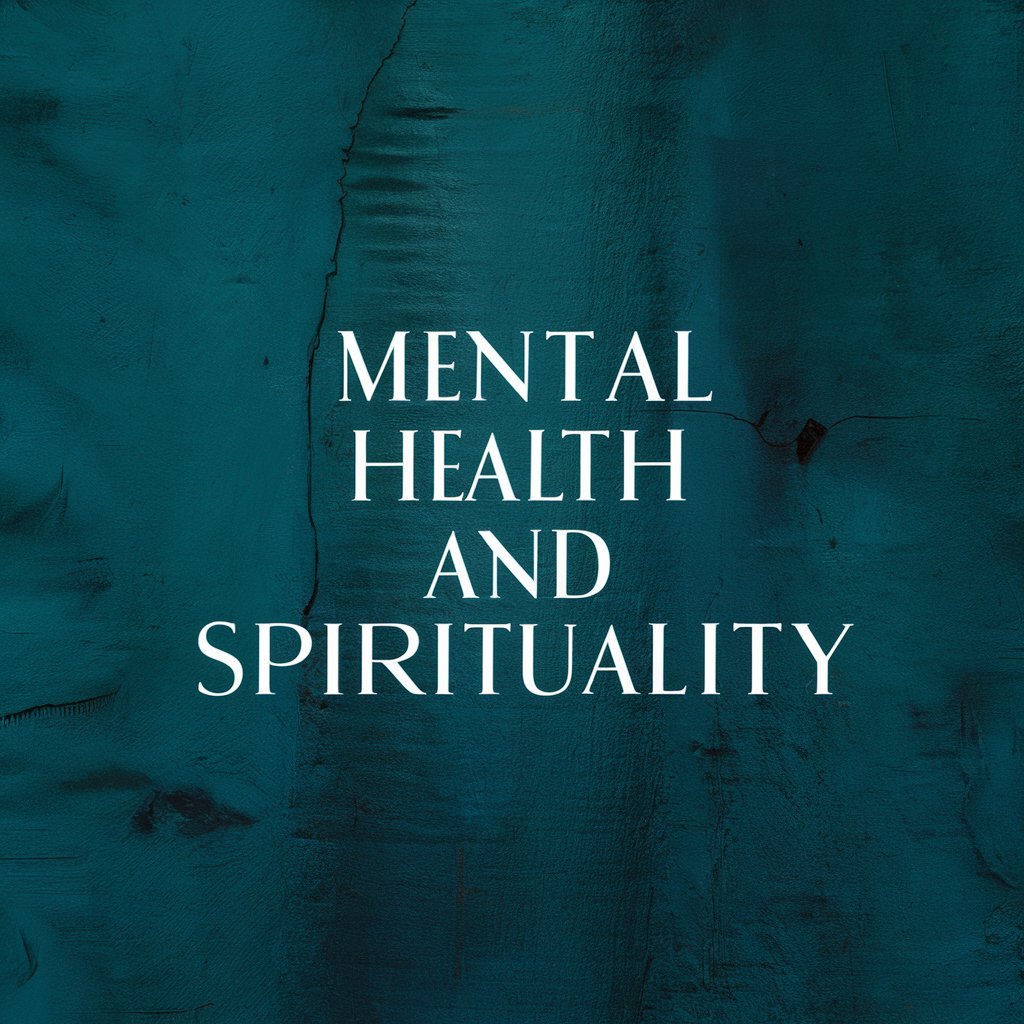Mental Health and Spirituality: Exploring the Mind-Body-Spirit Connection
Hey there, my young and curious friends! It’s your favorite mental health buddy, Nita Sharda, here to talk about a topic that might seem a little deep or even a bit mysterious – the connection between mental health and spirituality.
Now, I know that spirituality can mean different things to different people. For some, it might be about religion or faith. For others, it might be about feeling connected to something bigger than ourselves, like nature or the universe.
But no matter what spirituality means to you, there’s no denying that it can have a big impact on our mental health and well-being. So, let’s dive in and explore this fascinating topic together!
What is Spirituality?
First things first, let’s talk about what we mean when we say “spirituality.” Like I mentioned before, spirituality can mean different things to different people. But in general, it’s about our sense of connection to something greater than ourselves.
This might include things like:
- Believing in a higher power or divine force
- Feeling a sense of purpose or meaning in life
- Experiencing awe or wonder at the beauty of the world around us
- Feeling connected to other people, animals, or nature
- Engaging in practices like prayer, meditation, or mindfulness
At its core, spirituality is about recognizing that we are all part of something bigger and that our lives have meaning and purpose beyond just our individual experiences.
The Benefits of Spirituality for Mental Health
So, how can spirituality support our mental health and well-being? Here are just a few of the ways:
Providing a sense of meaning and purpose
One of the biggest benefits of spirituality is that it can give us a sense of meaning and purpose in life. When we feel connected to something greater than ourselves, it can help us feel like our lives have value and that we are part of something important.
This can be especially helpful when we’re going through tough times or facing challenges. Knowing that there is a bigger picture and that our struggles have meaning can give us the strength and resilience to keep going.
Promoting positive emotions and experiences
Spirituality can also help promote positive emotions and experiences, like joy, gratitude, and awe. When we take time to appreciate the beauty and wonder of the world around us, it can boost our mood and help us feel more connected and fulfilled.
Practices like prayer, meditation, or spending time in nature can also help us cultivate a sense of inner peace and calm. This can be especially helpful when we’re feeling stressed, anxious, or overwhelmed.
Providing a sense of community and support
For many people, spirituality is also about being part of a community and feeling connected to others who share similar beliefs and values. This sense of belonging and support can be incredibly powerful for our mental health and well-being.
Whether it’s through attending religious services, joining a spiritual group or club, or simply connecting with others who share our beliefs, being part of a spiritual community can provide us with a sense of comfort, guidance, and support.
Encouraging healthy habits and behaviors
Finally, many spiritual practices and traditions also encourage healthy habits and behaviors that can support our mental health and well-being. This might include things like:
- Practicing forgiveness and letting go of grudges
- Cultivating compassion and kindness towards others
- Engaging in acts of service or volunteering
- Taking care of our physical health through healthy eating, exercise, and rest
- Practicing gratitude and focusing on the positive
By incorporating these healthy habits and behaviors into our lives, we can support our mental health and well-being in a holistic and meaningful way.
Exploring Your Own Spirituality

So, how can you start exploring your own spirituality and incorporating it into your life? Here are a few tips and ideas:
Reflect on what spirituality means to you
The first step in exploring your spirituality is to take some time to reflect on what it means to you personally. What do you believe in? What gives your life meaning and purpose? What practices or experiences make you feel connected to something greater than yourself?
There are no right or wrong answers here – it’s all about what resonates with you and what feels authentic and meaningful to you.
Explore different spiritual practices and traditions
Once you have a sense of what spirituality means to you, you can start exploring different practices and traditions that align with your beliefs and values. This might include things like:
- Reading spiritual texts or books
- Attending religious services or ceremonies
- Practicing meditation or mindfulness
- Spending time in nature or engaging in outdoor activities
- Volunteering or engaging in acts of service
- Joining a spiritual group or community
Remember, there is no one-size-fits-all approach to spirituality. It’s all about finding what works for you and what helps you feel connected and fulfilled.
Make time for spiritual practices in your daily life
Once you’ve found some spiritual practices that resonate with you, try to make time for them in your daily life. This might mean setting aside a few minutes each day for prayer or meditation, or making a point to spend time in nature on a regular basis.
The key is to find ways to incorporate spirituality into your life in a way that feels natural and sustainable for you. It doesn’t have to be a big, elaborate practice – even small, simple acts of connection and meaning can make a big difference.
Connect with others who share your beliefs and values
Finally, don’t be afraid to reach out and connect with others who share your spiritual beliefs and values. This might mean joining a religious or spiritual community, attending events or gatherings, or simply having conversations with friends or family members about your spiritual journey.
Remember, spirituality is often about connection – both to something greater than ourselves and to others who share our beliefs and values. By building these connections and relationships, we can find support, guidance, and inspiration on our spiritual path.
Putting It All Together
Whew, that was a lot of information! But I hope you’re feeling more curious and excited about exploring the connection between mental health and spirituality.
Remember, spirituality is a deeply personal and individual experience. There is no one “right” way to be spiritual or to incorporate spirituality into your life. It’s all about finding what works for you and what helps you feel connected, meaningful, and fulfilled.
So, let’s recap some of the key points we’ve covered:
- Spirituality is about our sense of connection to something greater than ourselves, whether that’s a higher power, nature, or the universe as a whole.
- Spirituality can provide a sense of meaning and purpose, promote positive emotions and experiences, provide a sense of community and support, and encourage healthy habits and behaviors.
- To explore your own spirituality, start by reflecting on what it means to you personally, exploring different practices and traditions, making time for spiritual practices in your daily life, and connecting with others who share your beliefs and values.
Remember, your spiritual journey is yours and yours alone. Trust your own inner wisdom and follow what feels authentic and meaningful to you.
And if you ever need a little extra support or encouragement along the way, just remember – your mental health buddy Nita is always here to cheer you on!
Until next time, keep exploring, keep connecting, and keep shining your bright light in the world. You’ve got this!













Leave a Reply